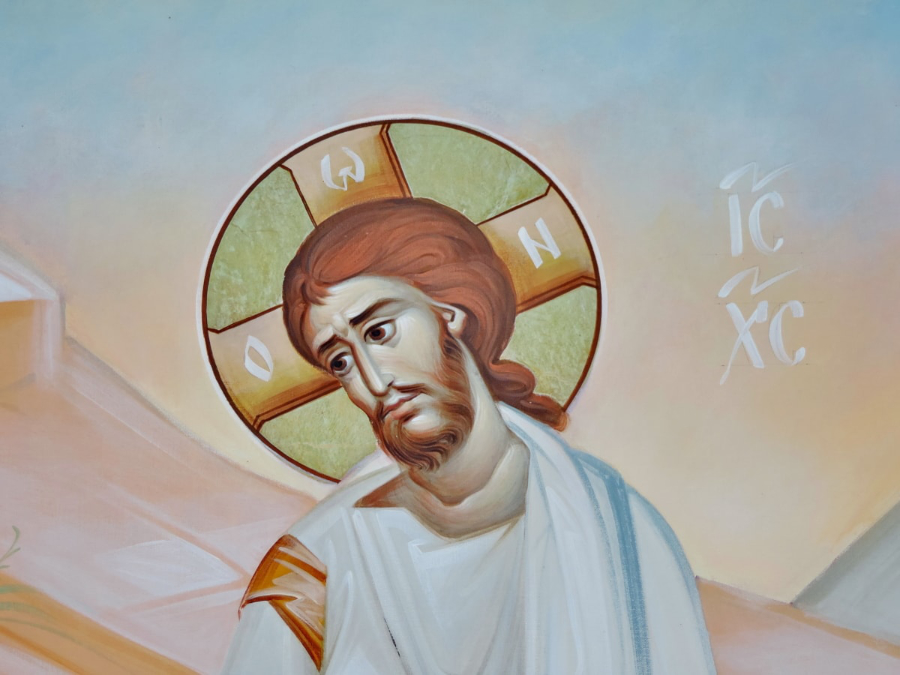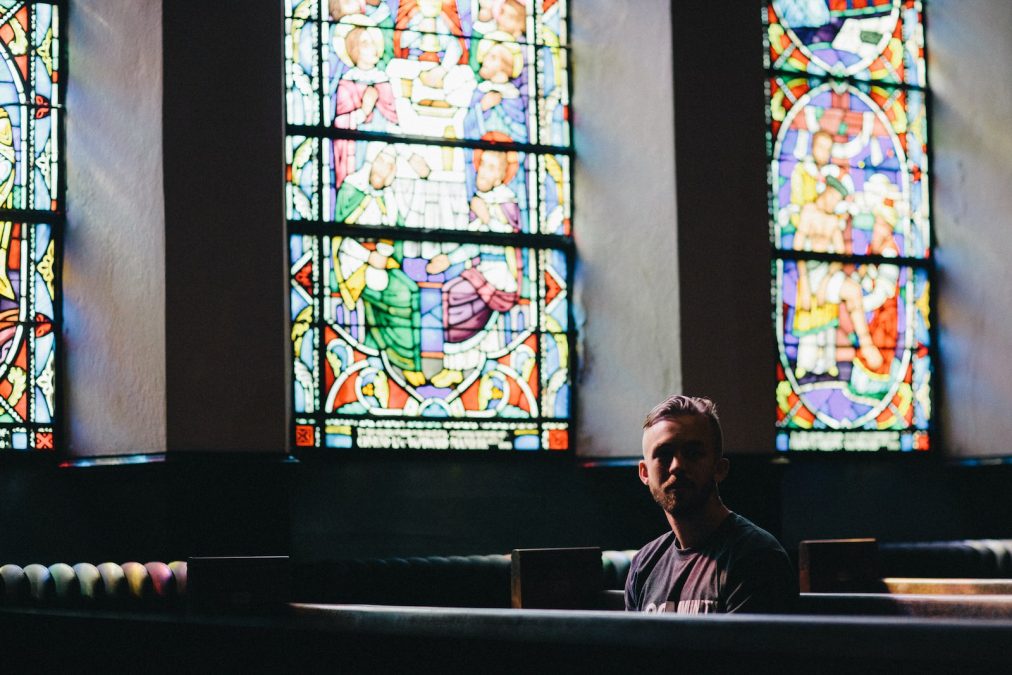
Who invented religion?
November 28, 2022
David Walker, Bishop of Manchester: “Home Truths: a theological reflection on Coming Home”
January 3, 20232021 census
So the 2021 census now tells us clearly what we have known for a long time – Christianity is a minority religion in England and Wales. The experience of declining church attendance and membership has been ongoing for many years – and we at Modern Church are not exempt. As our previous President, Professor Linda Woodhead, tells us “The Christian population is quite an aged population, and therefore the death rate affects it. People are simply dying.”
Finances
Since Covid and lockdowns, parishes have experienced a dramatic drop in income, leading to church leaders making dramatic calls for finding new ways of doing church. If we don’t increase our income, we can’t afford the clergy we currently have, let alone expand in a traditional missional way to bring new souls to hear and understand the Good News of Jesus Christ.
Evangelism
Should the Church of England go out onto the streets and bring in the poor and vulnerable and persuade them to give their all – time and money – and far more than they can afford – to support “God’s great purposes”? The methods of a huge evangelical church, Universal Church of the Kingdom of God (with origins in Brazil) used to snare the young and vulnerable into donating so much that they find themselves needing foodbank support themselves, are totally horrifying. https://www.theguardian.com/world/2022/nov/29/young-uk-people-speak-out-against-evangelical-church-universal-kingdom-god? Of course not.
Church in the community
Actually there are many places where the Church of England is at the very centre of the local community, trying to serve God and their neighbours, often in sacrificial ways, with foodbanks, community kitchens, warm spaces for social cups of tea etc. Some of these are hardly a source of pride, but shame – we wonder what sort of pass our country has come to where the welfare state is falling so far short of providing a safety net for all those who are vulnerable and needy.
Rural churches find themselves in a different place, but again there are many examples where tiny congregations know they, on their own, cannot keep their ancient, historic church standing without help from the local community. So they are determined to show that anyone can treasure their historic heritage without having to believe in creeds and teachings which sound so alien to modern ears. Church buildings can be used for all sorts of community purposes, as of course they were in the middle ages. Jesus was reportedly quite a party man, so what’s wrong with having parties in church? The only snag sometimes may be the heritage people – but in those cases, perhaps it is time for the State to step in.
Calls to disestablish
And to return to the census. Not surprisingly there are renewed calls from the National Secular Society and others to disestablish the Church of England. It would be complicated to disentangle church and state completely, but no doubt in time it will come. Certainly a re-think of the religious lords will be part of the reform of the second House which the Labour Party are likely to begin if they are elected. My own greatest objection to establishment is the way that the C of E has been given all sorts of let out clauses by the state – equality laws as they impinge on issues of “conscience” as applied to women priests and bishops, marriage of divorcees, and most recently the treatment of the LGBTQ+ community, for example. This seems to be special pleading and the C of E definitely needs to get its house in order on this and understand that God’s word comes both from the secular as well as the religious end of things.
Interpreting the Gospel
Do we need to be worried? Yes of course – we should always be worried if our language means that we can’t be understood – much religious/bible language sounds like incomprehensible jargon to many people for whom most of the Christian story and message has passed them by. How we worship and what we try to say to people when we talk about God are all part of the equation here. But we all know that traditional carol services do draw in ever greater crowds at cathedrals, so it’s not necessarily the somewhat difficult stories and language that are a put off. Of course, it may just be that people get a warm glow from attending a carol service and that’s all they need/want. But we ought at least to consider whether more could be made of telling the Jesus story in a new way which actually strikes a chord. Old stories retold in a new way keep the stories alive. And Jesus was a storyteller too.





2 Comments
Thank you, Rosalind. I warmed to your observations but when I got to the end I wanted more. I entirely agree that “we ought at least to consider whether more could be made of telling the Jesus story in a new way which actually strikes a chord” – but how can we do this? Any ideas, anyone?
Hmm.. hardly a whiff of ecumenism here. I thought this a very insular and short sighted comment. No one would guess there is an Anglican Methodist Covenant
Kenneth Carveley